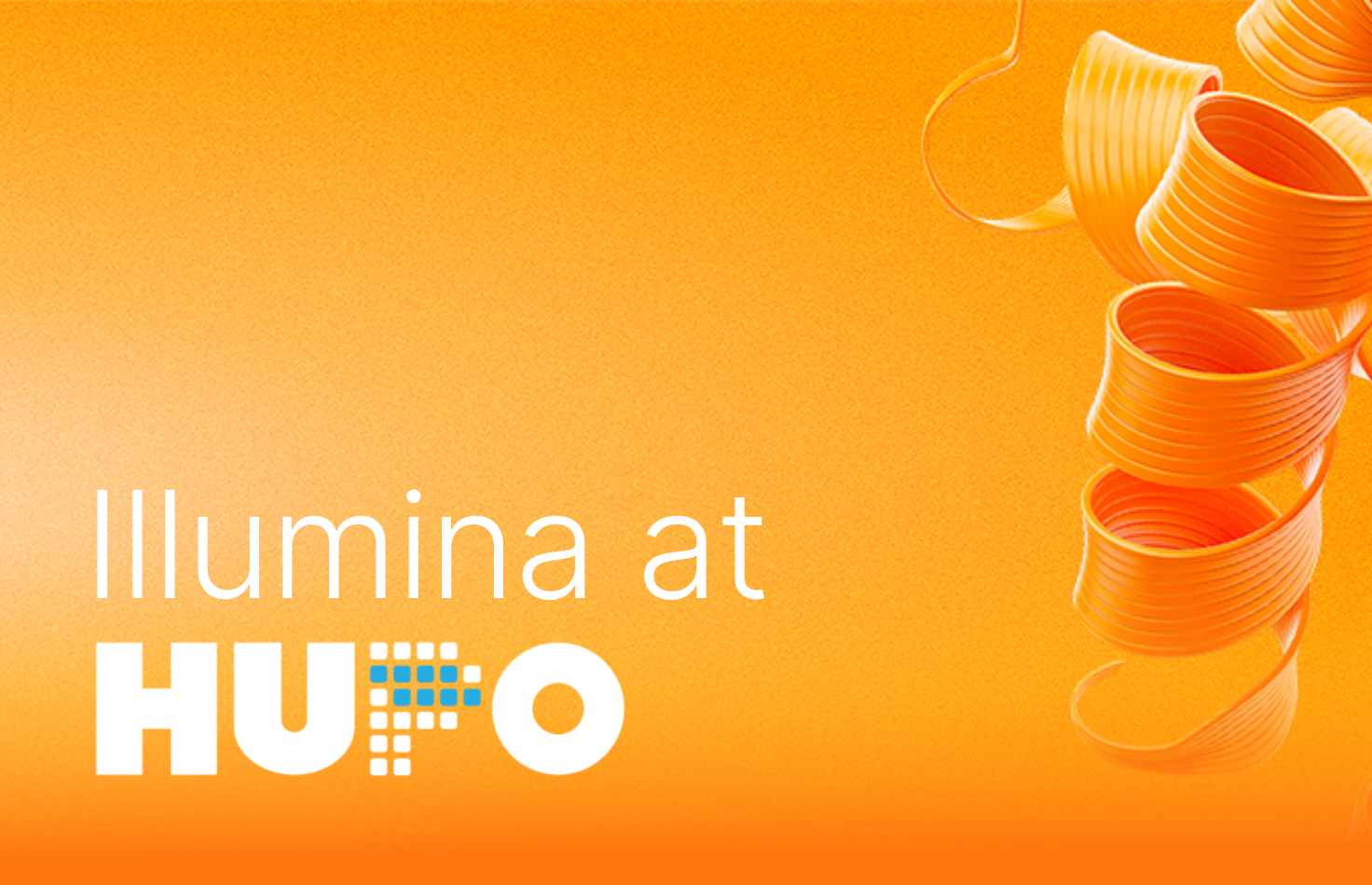
Details
Founded in 2001, the Human Proteome Organization (HUPO) promotes the development and application of proteomics technologies for enhancement of biological knowledge, global health and wellness. HUPO advances these goals through international collaboration, coordination, education, and advocacy in an inclusive and empowering environment.
This year is the 24th edition of HUPO’s Human Proteome Organization World Congress. The theme this year is “One Health Powered by Proteomics,” which is intended to encapsulate the groundbreaking spirit of the field and the pivotal role proteomics plays in advancing global health.
This year’s event will be held from November 9 to November 13 at the Westin Harbour Castle in Toronto, Ontario, Canada.
Visit Illumina booth 101 to explore our latest products and workflow innovations and join us at our sponsored sessions to learn more about how Illumina Protein Prep is advancing the latest research.
Exhibit hours
(all times Eastern)
- Sunday, November 9 • 6 PM – 7:30 PM (Welcome Reception)
- Monday, November 10 • 10 AM – 4:30 PM
- Tuesday, November 11 • 10 AM – 4:30 PM
- Wednesday, November 12 • 10 AM – 4:30 PM
Conference highlights
Illumina-sponsored Session Information
Monday, November 10, 12:15 PM – 1:15 PM (ET)
Pier 2 + 3
Featured presentation
Competition to complementarity: Bringing Illumina Protein Prep into a mass spectrometry-focused environment

Stuart Cordwell, PhD
Academic Director of Sydney Mass Spectrometry
Professor of Analytical Biochemistry
The University of Sydney, Australia
Mass spectrometry (MS) has been the key post-genome technology for multi-omics analysis, including proteomics and metabolomics. Sydney Mass Spectrometry runs a suite of 24 MS instruments that service >250 research groups at the University of Sydney and beyond in biological and small molecule MS across a range of sample types from archaeological through to zoological. Undoubtedly, the majority of workflows are for medical and clinically-oriented research projects, examining both mechanistic and diagnostic strategies. In recent times, we have observed a large shift in mindset in our clinician researchers from a focus solely on genomics and transcriptomics to broader horizons and the wish to explore the potential power of proteomics. However, a perceived technological barrier exists in the use of MS, particularly in the areas of data acquisition and analysis and coverage of the theoretical proteome, which can appear insurmountable to the non-specialist. Illumina Protein Prep provides a standardized and reproducible approach to the proteomics survey of 9,500 proteins with technology based on SOMAmers (slow off-rate modified aptamers) for protein capture from plasma or serum, and with a readout provided by next-generation sequencing (NGS). This approach has the advantage of ‘speaking the language’ (familiarity with NGS readouts), without the need for significant technological training, particularly when provided as a service. Here, we provide an overview of our preliminary work with Illumina Protein Prep, showcasing a comparative technical study performed alongside parallel Liquid Chromatography-Tandem Mass Spectrometry (LC-MS/MS) based proteomics, and the application of the approach to research.
- Date & Time
- 9 Nov. 2025 – 13 Nov. 2025
- Location
- Westin Harbour Castle
Illumina booth 101
Toronto, Ontario - Canada
- Topic
- Cellular & molecular biology